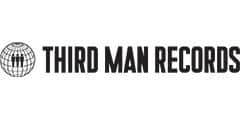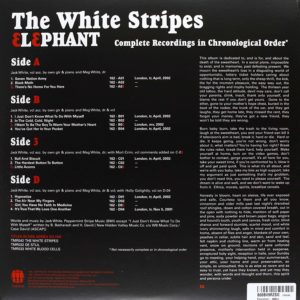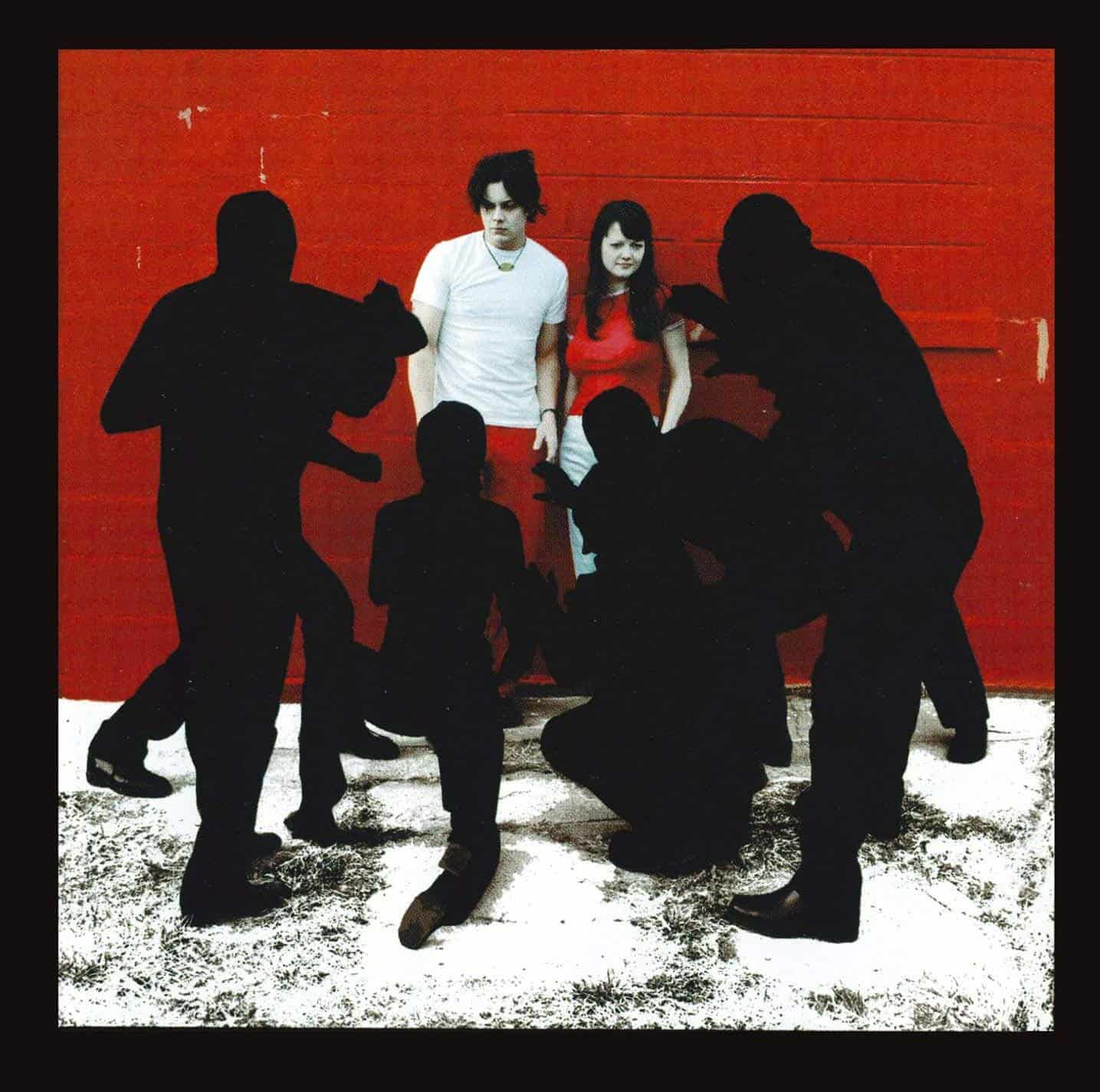Marketplace
2013 Third Man Records PRESSING
- Catalog Number TMR200
- Release Year 2013
- Pressing Weight 180g
- # of Disks 2
- Jacket Style Gatefold
- Original Release Year 2003
- Original Label XL Recordings
- Original Release Country UK
- Original Catalog Number XLLP162
When listening to this album I think of this band or music:
Blind Willie McTell, Robert Johnson, Howlin’ Wolf, Led Zeppelin, John Lennon, Donovan, Sex Pistols, and Spike Jones.
Music from this album would be a great soundtrack to this movie:
Elephant would be great for a road picture where a few buddies start with a street fight in Detroit and wind up fishing along the Mississippi River near Clarksdale.
If you ever have a conversation with interplanetary visitors and they ask you to explain what it means “to rock,” put the White Stripes’ Elephant on your turntable. The highly compact Super Ball of an album contains everything from delta blues to folk to heavy metal to punk and a few things in between. It’s funny and it’s serious. It’s rough around the edges and even stumbles a bit. It stomps, it thunders, and it screams. In short, Elephant embodies the essence of rock n’ roll.
Recorded on early 1960s equipment primarily at engineer Liam Watson’s Toe Rag Studios, Elephant comes on as an analog lover’s dream session. The liner notes brag “no computer was used during the writing, recording, mixing or mastering of this record” and the results show up loud and clear on a decent system. Mixed down to a quarter-inch reel-to-reel, even edgy passages (like the chorus on “There’s No Home for You Here”) appear imbued with a spacious glow.
Watson said his decision to record Meg White’s Ludwig kick drum with AKG dynamic and condenser microphones, then assign the instrument its own separate track, gives songs like “Ball and Biscuit” their chest-thumping thud. Her stunning heft, combined with Jack White’s famous descending guitar riff on “Seven Nation Army,” helps make the track an addictive rock anthem. While White’s prodigious guitar chops tend to get more coverage than his ex-wife’s drum work, the duo’s interwoven dynamics remain inseparable and fundamental to the set’s impact. Indeed, a prime element of rock pertains to the electrification and intensification of rhythm and blues. It’s hard to think of many better examples of such alchemy than the music contained in these grooves.
Back when the White Stripes finished recording Elephant, the vinyl resurgence was still several years away. Given the then-iPod-centric climate, XL Recordings’ original 2003 LP sounds surprisingly good. My evaluation copy is relatively quiet and features an impressive dynamic range. Comparing it to the currently available 2013 Third Man Records reissue gets interesting because of their decided sonic and visual differences. White’s modified vintage guitars and the character of his DigiTech Whammy effects pedal seem particularly forward and biting on the XL edition. The same approach also benefits cuts like “Ball and Biscuit” and “Seven Nation Army,” but during overly distorted guitar runs (“Black Math”), it becomes fatiguing.
Third Man Records’ reissue removes some of the XL LP’s graininess and places the listener a couple of rows away from the stage. I listened to the Third Man Records pressing all the way through without pausing, but needed to take breaks with the XL edition. Both versions rock, so which is “better” comes down to personal taste. Opinions about the packaging will also likely vary. XL’s textured cover is the rusty color of dried blood and projects a dark, goth vibe. The Third Man Records LP conveys a brighter mood and pops with saturated red, white, and black colors. The carefully placed iconography in the cover photograph is also easier to decipher. All things considered, the 2013 reissue has the edge.
Elephant



 4.5
4.5
